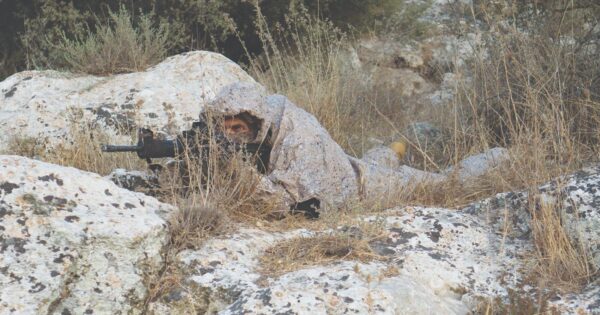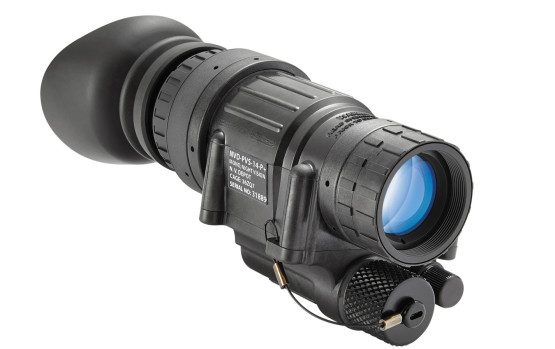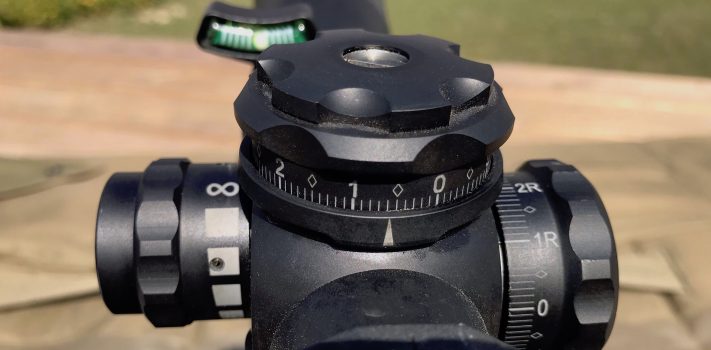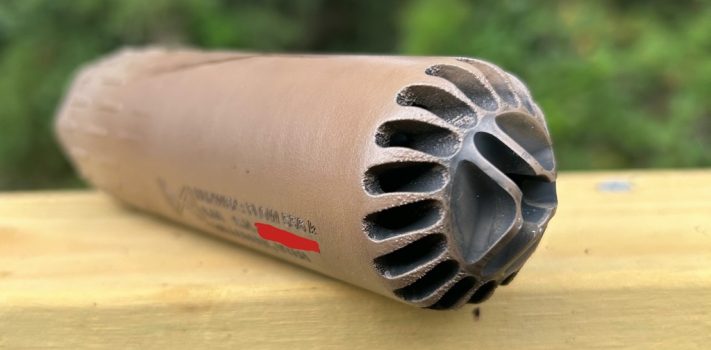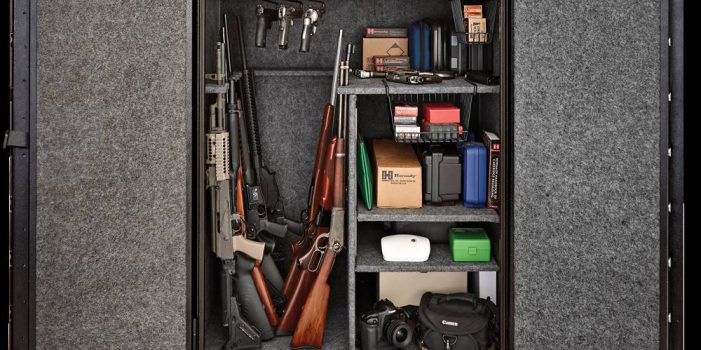Establishing Relationships in Your New Locale, by SaraSue
I have been on my farm for about five years, give or take. I live outside a small town in rural Tennessee. I didn’t know anyone when I moved here. The closest neighbor is about half a mile away, and the rest are many miles down the road. If you are planning on moving from the suburbs or cities to the countryside, you might glean something from my experiences. I hope this helps. The first neighbor I met was an older widow, and the circumstances weren’t great. My big dogs (German Shepherds) had a habit of escaping the property and …


